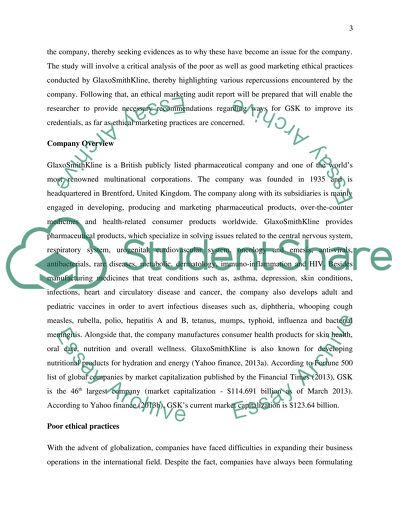Cite this document
(“Marketing ethics Essay Example | Topics and Well Written Essays - 3000 words”, n.d.)
Marketing ethics Essay Example | Topics and Well Written Essays - 3000 words. Retrieved from https://studentshare.org/marketing/1634695-marketing-ethics
Marketing ethics Essay Example | Topics and Well Written Essays - 3000 words. Retrieved from https://studentshare.org/marketing/1634695-marketing-ethics
(Marketing Ethics Essay Example | Topics and Well Written Essays - 3000 Words)
Marketing Ethics Essay Example | Topics and Well Written Essays - 3000 Words. https://studentshare.org/marketing/1634695-marketing-ethics.
Marketing Ethics Essay Example | Topics and Well Written Essays - 3000 Words. https://studentshare.org/marketing/1634695-marketing-ethics.
“Marketing Ethics Essay Example | Topics and Well Written Essays - 3000 Words”, n.d. https://studentshare.org/marketing/1634695-marketing-ethics.


